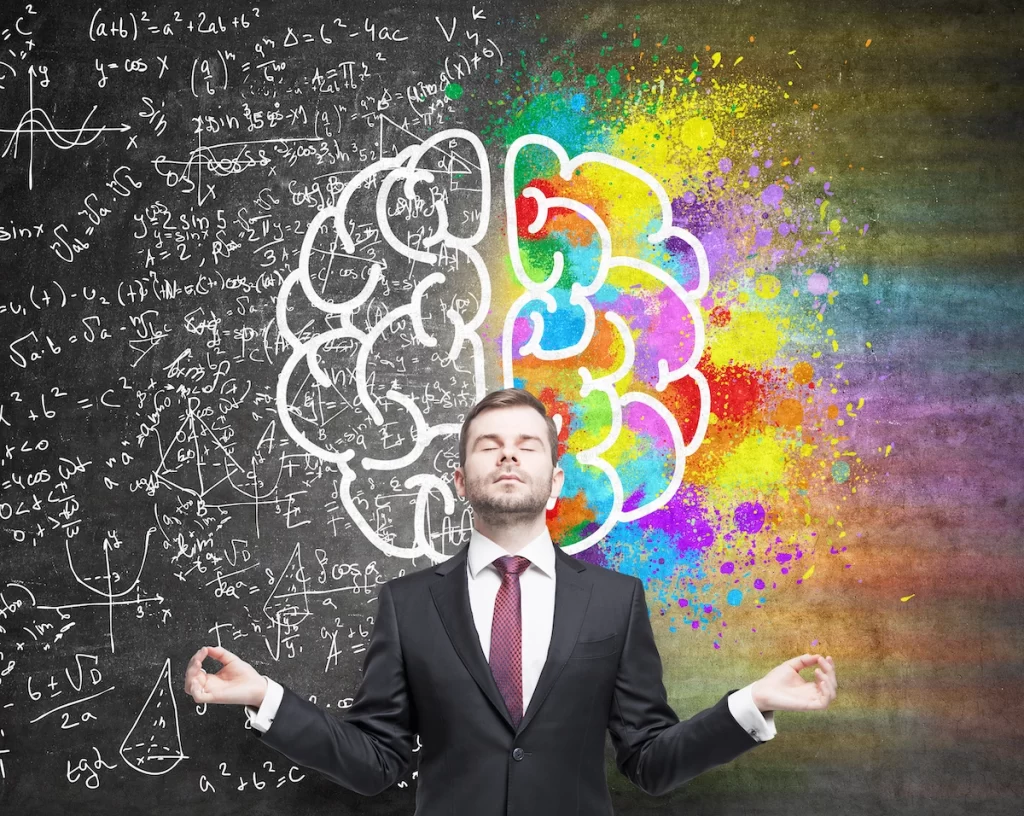Emotional Intelligence
Emotional intelligence (EI) refers to the ability to recognize, understand, and manage one’s own emotions, as well as the emotions of others. It involves the capacity to use emotions effectively to guide behavior and thinking, to empathize with others, and to form and maintain healthy relationships.


Emotional intelligence, alongside 33 other important workplace skills, and found that emotional intelligence is the strongest predictor of performance, explaining a full 58% of success in all types of jobs.

Emotional intelligence predicts 76% of the variation in job performance across various professions.

The Consortium for Research on Emotional Intelligence in Organizations (CREIO) reports that every dollar invested in emotional intelligence training results in an average of $11.70 in increased productivity.
Emotional Intelligence
Emotional intelligence (EI) refers to the ability to recognize, understand, and manage one’s own emotions, as well as the emotions of others. It involves the capacity to use emotions effectively to guide behavior and thinking, to empathize with others, and to form and maintain healthy relationships.

Emotional intelligence, alongside 33 other important workplace skills, and found that emotional intelligence is the strongest predictor of performance, explaining a full 58% of success in all types of jobs.

Emotional intelligence predicts 76% of the variation in job performance across various professions.

The Consortium for Research on Emotional Intelligence in Organizations (CREIO) reports that every dollar invested in emotional intelligence training results in an average of $11.70 in increased productivity.

Why Emotional Intelligence?
Enhances communication skills
By being more aware of one’s own emotions and understanding others’ emotions, individuals can communicate more effectively and avoid misunderstandings.
Promotes effective conflict resolution
Emotionally intelligent individuals are better equipped to handle conflicts by remaining calm and finding solutions that work for all parties involved.
Improves leadership abilities
Emotionally intelligent leaders are able to inspire and motivate their teams, leading to greater success and productivity.
Encourages self-awareness and self-regulation
Emotional intelligence enables individuals to be more aware of their own emotions and regulate them in a healthy and productive way.
Course Highlights
![]() Understanding emotional intelligence
Understanding emotional intelligence
![]() Emotional self-awareness
Emotional self-awareness
![]() Excitement regulation
Excitement regulation
![]() Emotional spontaneity
Emotional spontaneity
![]() Empathy
Empathy
![]() Social intelligence
Social intelligence
Hands on workshops

Hands-on workshops can be an effective way to develop and enhance emotional intelligence skills. These workshops typically involve interactive exercises, discussions, and practical applications of emotional intelligence concepts. Hands-on workshops for teams can foster a positive and productive work environment, improve communication and collaboration, enhance problem-solving abilities, and facilitate personal and professional growth.
In the Emotional Intelligence workshop, we are working on :
- Self-awareness
- Emotional- regulation techniques
- Empathy building
- Conflict resolution and collaboration
- Application and action planning

